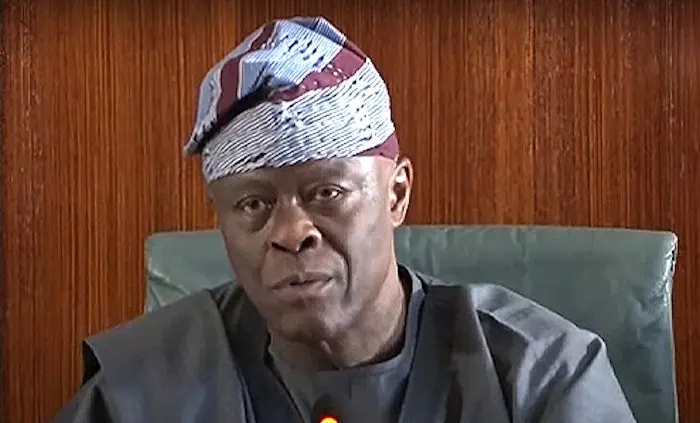
The federal government of Nigeria says it has concluded plans to restart direct cash transfers to the poorest and most vulnerable Nigerians.
The Minister of Finance and Coordinating Minister for the Economy, Wale Edun, disclosed this during a ministry retreat on Wednesday in Uyo, Akwa Ibom State.
The development comes amid the raging hardship millions of Nigerians face with escalating prices of goods and food items and the continuous fall of the naira.
He said the Presidential Panel on Social Investment Programme has identified 3 million vulnerable Nigerians as beneficiaries.
“The presidential panel on social investment programmes has prepared to go to Mr President with an internal recommendation to restart direct payments to the poorest and most vulnerable. Everything is being done to ease the pain.
“We know that there’s been about 3 million beneficiaries now, but given how the rates have gone, there are probably another 12 million people, households that can benefit from that payment.
“The only thing delaying is not waiting for the end of the report. It is something that the intervention is meant to happen immediately.
“We have technology experts, and the commitment was to make sure that we use technology to ensure seamless payment and movement between the registered and the direct beneficiaries, without any manual processes in between. So it’s taking time to automate that process immediately so that direct payment will resume,” he said.
In January, Bola Ahmed Tinubu suspended Halima Shehu, the national coordinator of the National Social Investment Programme Agency, over financial misappropriation.
Similarly, Betta Edu was suspended over a financial scandal.
OsunDailyNG recalls that Nigerians in some Kogi, Niger, Oyo and other states are protesting against the soaring cost of living in the country. Nigeria is suffering an economic crisis, and soaring prices have left many struggling to afford food.
According to the National Bureau of Statistics, latest data, food inflation soared to an all-time high of 35.42 per cent in January.


